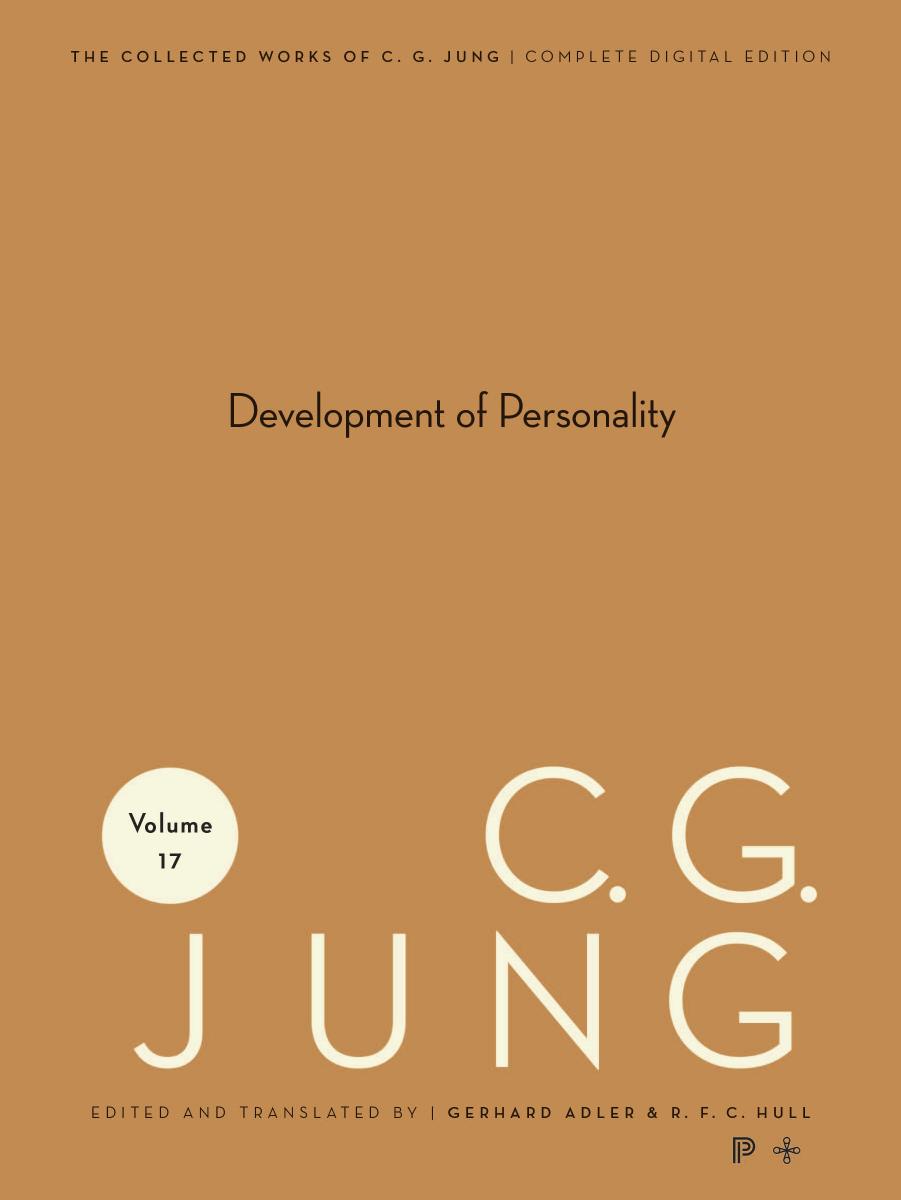Collected Works of C.G. Jung, Volume 17: Development of Personality by Jung C. G. Hull R. F.C. Adler Gerhard

Author:Jung, C. G., Hull, R. F.C., Adler, Gerhard [Jung, C. G.]
Language: eng
Format: epub, pdf
Publisher: Princeton University Press
Published: 1954-09-07T04:00:00+00:00
[228] About education in general and school education in particular the doctor has little to say from the standpoint of his science, as that is hardly his business. But on the education of difficult or otherwise exceptional children he has an important word to add. He knows only too well from his practical experience what a vital role parental influences and the effects of schooling play even in the life of the adult. He is therefore inclined, when dealing with children’s neuroses, to seek the root cause less in the child itself than in its adult surroundings, and more particularly in the parents. Parents have the strongest effect upon the child not only through its inherited constitution, but also through the tremendous psychic influence they themselves exert. That being so, the uneducatedness and unconsciousness of the adult works far more powerfully than any amount of good advice, commands, punishments, and good intentions. But when, as is unfortunately all too often the case, parents and teachers expect the child to make a better job of what they themselves do badly, the effect is positively devastating. Again and again we see parents thrusting their unfulfilled illusions and ambitions on to the child, and forcing it into a role for which it is in no circumstances fitted. I remember being consulted about a badly behaved little boy. From the parents’ account I learnt that, at the age of seven, he could neither read nor write, that he would not learn any of his lessons properly, resisting, with unreasoning defiance, every attempt to educate him, and that for two years he had been developing rages in which he smashed everything within reach. He was intelligent enough, so the parents thought, but totally lacking in goodwill. Instead of working he lazed about or played with his decrepit old Teddy bear, which for years had been his only toy. He had been given plenty of other toys, but he viciously destroyed them. They had even engaged a good governess for him, but she could do nothing with him either. He was, after a couple of girls, the first and only son, on whom, so it seemed to me, the mother doted especially. As soon as I saw the child the riddle was solved: the boy was pretty much of an imbecile already, and the mother, who could not endure having a backward son, had so egged on and tormented this essentially harmless and good-natured zany with her ambitions that he went completely berserk out of sheer desperation. When I spoke to the mother after the examination she was outraged by my diagnosis and insisted that I must have made a mistake.
[229] The educator should know above all else that talk and officious discipline lead nowhere, that what counts is example. If he unconsciously permits all kinds of viciousness, lies, and bad manners in himself, these will have an incomparably more powerful effect than the best of intentions, which are so easily come by. The doctor therefore
Download
Collected Works of C.G. Jung, Volume 17: Development of Personality by Jung C. G. Hull R. F.C. Adler Gerhard.pdf
This site does not store any files on its server. We only index and link to content provided by other sites. Please contact the content providers to delete copyright contents if any and email us, we'll remove relevant links or contents immediately.
| Administration & Medicine Economics | Allied Health Professions |
| Basic Sciences | Dentistry |
| History | Medical Informatics |
| Medicine | Nursing |
| Pharmacology | Psychology |
| Research | Veterinary Medicine |
The Art of Thinking Clearly by Rolf Dobelli(10390)
The 5 Love Languages: The Secret to Love That Lasts by Gary Chapman(9762)
Mindhunter: Inside the FBI's Elite Serial Crime Unit by John E. Douglas & Mark Olshaker(9299)
Becoming Supernatural by Dr. Joe Dispenza(8186)
Nudge - Improving Decisions about Health, Wealth, and Happiness by Thaler Sunstein(7680)
The Road Less Traveled by M. Scott Peck(7574)
Mastermind: How to Think Like Sherlock Holmes by Maria Konnikova(7304)
Enlightenment Now: The Case for Reason, Science, Humanism, and Progress by Steven Pinker(7289)
Win Bigly by Scott Adams(7172)
The Way of Zen by Alan W. Watts(6578)
Factfulness: Ten Reasons We're Wrong About the World – and Why Things Are Better Than You Think by Hans Rosling(4724)
The State of Affairs by Esther Perel(4706)
Gerald's Game by Stephen King(4625)
Man's Search for Meaning by Viktor Frankl(4556)
The Confidence Code by Katty Kay(4238)
Thinking in Bets by Annie Duke(4206)
The Healing Self by Deepak Chopra(3558)
Hidden Persuasion: 33 psychological influence techniques in advertising by Marc Andrews & Matthijs van Leeuwen & Rick van Baaren(3536)
The Worm at the Core by Sheldon Solomon(3469)
